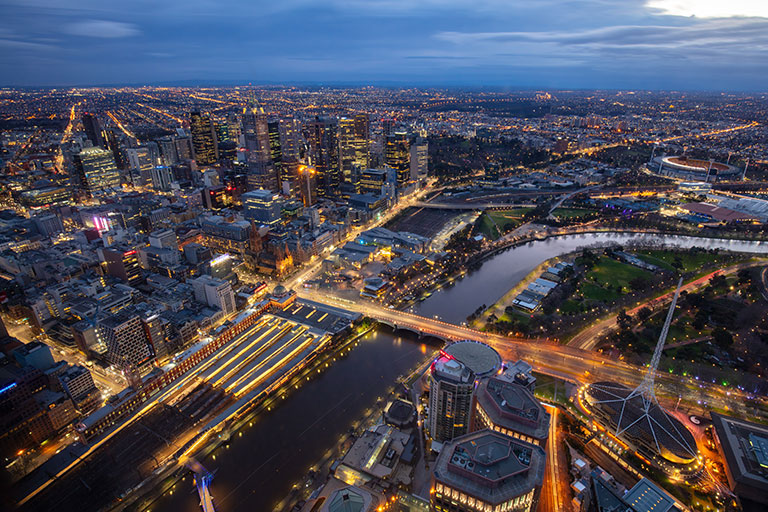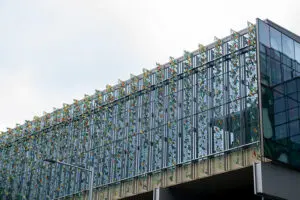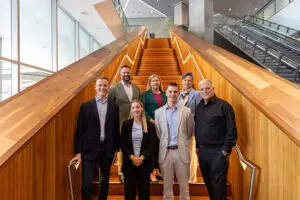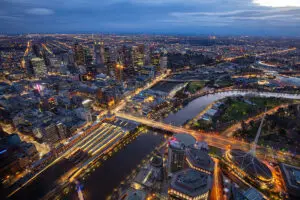The Australian Bureau of Statistics puts the value of international students to Victoria at $14.8 billion in 2023 with more than 234,000 studying in the state. International students comprised 38 per cent of the population of the Melbourne 3000 postcode and 39 per cent of inner-city Carlton.
International students also formed a significant part of the casual workforce in hotels and hospitality venues prior to pandemic lockdowns. They fill housekeeping positions in major hotels and are found as casual wait staff at venues such as Melbourne Convention and Exhibition Centre during large events.
The City of Melbourne last month endorsed a plan through its Future Melbourne Committee to support the international student body, many of whom study at city campuses, including RMIT University and Melbourne University, within the city’s footprint. They often live in inner suburban home stays or in specially built student accommodation towers within the CBD.
Melbourne Lord Mayor, Nicholas Reece, says the city can certainly accommodate more students and the council would work with universities and accommodation providers to increase student housing in future. This was despite a suggested limit on student numbers announced by the federal government, with the council likely to make representations to Canberra.
In the most recent rankings of the world’s best student cities, Melbourne came fifth after London, Tokyo, Seoul and Munich.
Students usually arrive in Australia by February and a federal government report for the year to May 2024 shows the number of international students enrolled in higher education in Australia so far this year was 399,477.
That figure is the best result since 2020 which had a peak of 362,447, then dipped due to the pandemic when many students returned to their home countries.
An economic report presented to council suggested the boost to consumer spending in the CBD this year was, in part, attributable to the return of international students post-COVID.




















